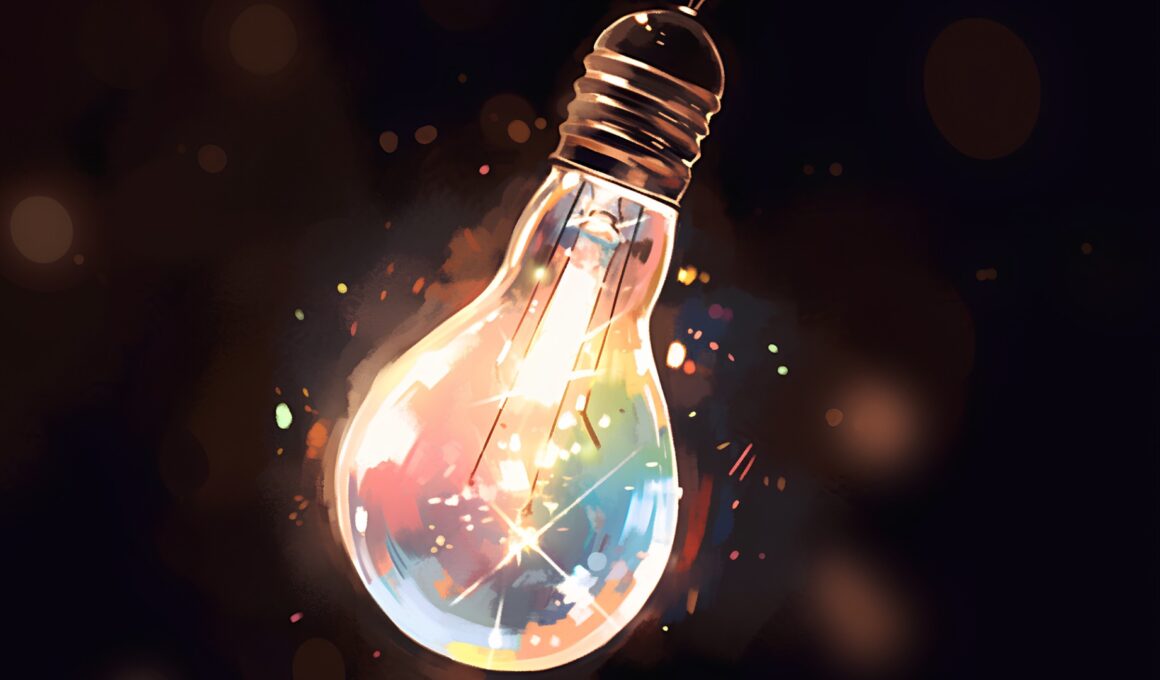‘Flashbulb memory’ is a term used in psychology to describe a phenomenon in which we remember an event in extreme detail and more so than we might normally expect to. It’s an unusual sounding experience, but it’s also one that most of us can relate to. Try to think about where you were when you heard the news that Princess Diana had died, that the Twin Towers had been attacked or that Michael Jackson died. Most of us can describe those moments in far more detail than we normally would be able to – right down to the time of day and what we were wearing. This might seem like an odd – even magical – phenomenon when it’s a shared experience that the whole world remembers perfectly, but of course there is a logical psychological explanation for what’s going on. Read on to find out precisely what a flashbulb memory is, and what the implications are for our memories and psychology in general.
What Causes a Flashbulb Memory?
The point worth remembering here, is that it’s not just breaking news that causes this effect. Though we might find ourselves comparing stories of where we were when we heard ‘the news’ most often, flashbulb memories actually also occur during big moments in our own lives too. For instance, I once fell and broke my wrist and I can tell you in precise detail what the room I was in looked like, what everyone said to me and what happened in sequence: even though it was over ten years ago now.
The reason is that both these life events and the big news stories can have a similar effect on our psychology – causing us to react with a powerful emotion and often to feel a sense of panic and ‘excitement’ (not necessarily excitement in the traditional sense of course…).
And the widely accepted view is that it is this common link that makes flashbulb memories so vivid. Our brain has evolved to make more serious note of things that appear to be significant and potentially dangerous even, and so it is biologically hardwired to remember things better when we produce adrenaline (the fight or flight hormone).
Implications
When you accept this view, it also helps to explain a number of other phenomena relating to memory and human experience. For instance, memory of us will report seeing things in slow motion and being able to react more quickly when we are in a crisis – being able to leap across the room to catch plates for instance that are falling.
Studies however have failed to produce this result, and in one case bungee jumpers were asked to try and perform maths sums while falling to see if their brains would work faster. The study yielded no significant results, so something else must be going on…
And what this most likely is, is that in our panic we release serotonin and this then causes us to remember what happened in much more detail. Because we have more details and can remember more of what was going on around us at the time, this then leads us to assume that time must have ‘slowed down’. Actually though your perception of time was the same during the event, it just seemed slower afterwards (messes with your head, doesn’t it?). And the fact you caught the plate? Just good old reactions – you had the magic all along!
Another thing this theory explains is caffeine. Studies have demonstrated that our memory improves when we’re on caffeine and particularly ‘declarative memory’, which is memory for lists, dates and words. As caffeine causes us to produce more adrenaline, this would seem like a tidy explanation.
So then if you want to do better in your studies… you should revise while on a rollercoaster?
Other Possibilities
Of course there are dissenting voices in the psychological community and those who think that there is more at work here. One alternative theory on flashbulb memories for instance is simply that they are more often rehearsed than others: because the event was significant and worth talking about, we relive it in our minds and tell other people the story over and over again. Like anything, practice makes perfect and this could end up cementing that memory in our minds and making us less likely to forget.
Others suggest that our brain remembers events that are novel in more detail than those that are ‘mundane’ and there is a good amount of evidence to support this. When you hear that JF Kennedy has been shot, it marks that day out as different and your brain has something worth remembering.
Chances are then that all these factors play a role, and that the most memorable events will be those that are novel, that cause a fight or flight response and that we relive often.




